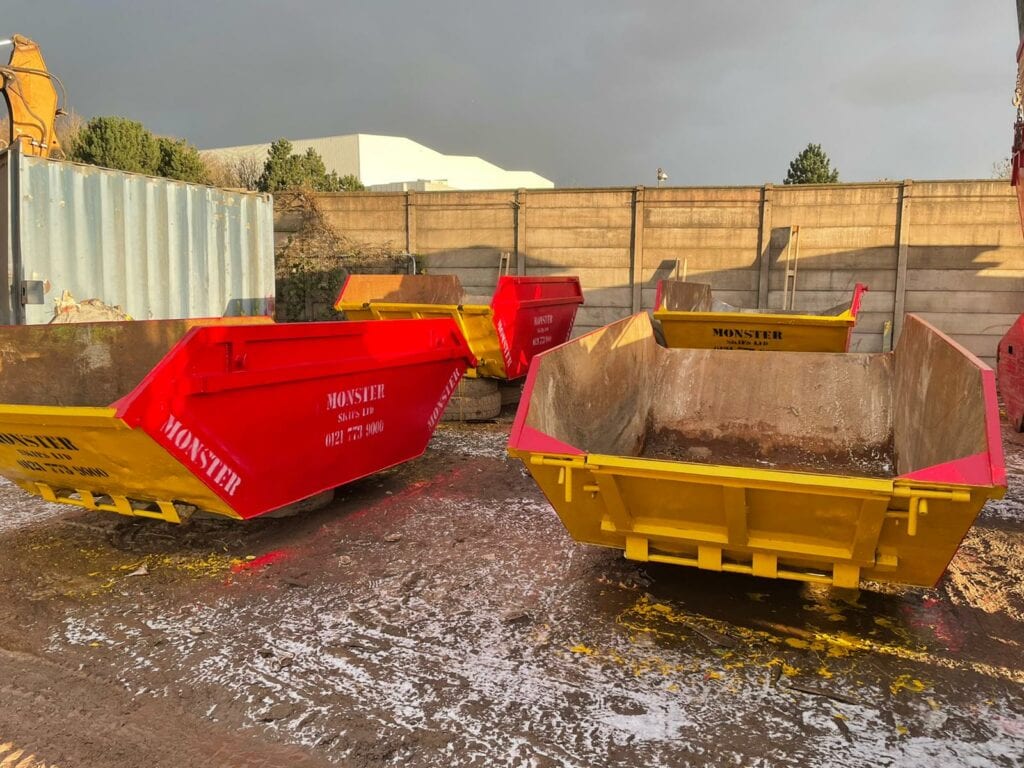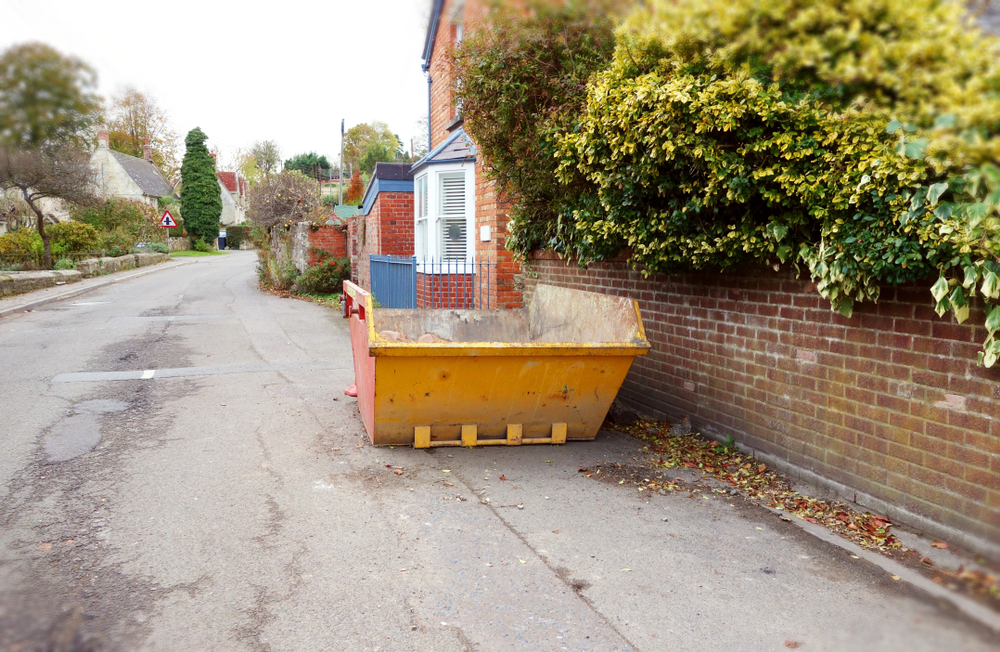

How Much is it to Hire a Skip? A Detailed Analysis of Skip Sizes, Types, and Pricing
Hiring a skip can be a quick and easy solution for waste management whether you’re doing a home renovation, garden clearance or a big build. But the cost of a skip can be confusing as there are many variables to consider. This article will break down the costs of hiring a skip, the different sizes and types and the factors that affect the price. By the end you’ll know what to expect and how to make the best decision for you.
What is Skip Hire?
Skip hire is renting a big container (a skip) that’s delivered to your location so you can get rid of a large amount of waste. Once it’s full the skip is collected and the waste is taken away for sorting, recycling or disposal. Skips are used for domestic, commercial and industrial purposes, varying in the size of the skip needed.
Benefits of Hiring a Skip
- Convenience: Skips are a convenient solution for waste disposal especially for big projects where regular bins are not enough.
- Waste Management: Hiring a skip allows you to manage different types of waste and dispose of them in an eco friendly way.
- Environmental: Professional skip hire companies recycle a lot of the waste.
Factors Influencing Skip Hire Costs
Location
Prices vary depending on where you are. Urban areas are more expensive due to demand and logistics, which raises the skip hire price. Rural areas are cheaper but may incur a delivery charge if the skip company is far from you.
Skip Size
Skip size is one of the main factors influencing the skip hire price. Larger skips are more expensive because they hold more. Mini skips (2-3 yards) to large roll-on roll-off (RoRo) skips (20-40 yards) are common, and choosing the right yard skip can optimise costs.
Type of Waste
The type of waste you want to get rid of can affect the price. General household waste is cheaper than hazardous waste or mixed waste. Green waste (garden waste) and clean fill (soil, bricks) are usually cheaper as they are easier to recycle.
Hire Period
The length of time you hire the skip also affects the price. Standard hire periods are 1-2 weeks. Extended hire periods will incur extra charges, adding to the cost of skip hire. Some companies offer daily or weekly rates so plan your project accordingly.
Permits and Extras
If you need to put the skip on a public road or council land you may need a permit which will cost extra. Overfilling charges, late collection fees and extra charges for certain types of waste.
Different Skip Sizes and Their Costs
When considering skip hire, understanding the different sizes available and their associated costs is crucial for making an informed decision. Mini skips, typically ranging from 2 to 3 cubic yards, are the smallest option available. They are ideal for small domestic projects such as garden clean-ups or minor renovations, capable of holding approximately 25-35 black bags of waste, and a smaller skip might be suitable.
Builder’s skips are one of the most commonly hired skips, ranging from 6 to 8 cubic yards, and can hold about 65-85 black bags of waste. They are ideal for construction and renovation projects, including large household clearances, with costs usually falling between £140 and £250. For larger projects but still cost based on different requirements, roll-on roll-off (RoRo) skips are available, ranging from 20 to 40 cubic yards and capable of holding 220-440 black bags of waste. These skips are perfect for large-scale commercial projects .
Tips to Save Money on Skip Hire
Comparing Quotes: Always compare quotes from multiple providers to get the best deal. Prices can vary significantly between companies.
Choosing the Right Size: Accurately estimate the volume of waste to avoid hiring a skip that is too large or too small, and hence adjust the skip hire price accordingly. Overestimating leads to unnecessary costs, while underestimating can result in overfilling fees, both of which affect the skip hire price.
Avoiding Extra Fees: Familiarise yourself with the regulations to avoid extra charges for overfilling or disposing of prohibited items.
Efficiently Packing Your Skip: Maximise space by breaking down large items and packing the skip efficiently. This can reduce the need for a larger skip.
Sharing a Skip: If you have a small amount of waste, consider sharing a skip with neighbours or friends to split the cost.
Frequently Asked Questions (FAQs)
How do I know what size skip I need?
Assess the volume of your waste and consult with skip hire companies for their recommendations on the appropriate yard skip. Most have online calculators to help you estimate.
Can I put any type of waste in a skip? No, certain items like hazardous materials, electrical appliances, and asbestos are prohibited. Check with your skip hire provider for a full list of banned items.
Do I need a permit to hire a skip? If you plan to place the skip on public property, such as a road, you will need a permit from your local council. The skip hire company can usually arrange this for you at an additional cost.
How can I avoid additional charges? Understand the terms and conditions of your hire, avoid overfilling the skip, and ensure only permitted waste is disposed of in the skip.
What happens to the waste after it’s collected? The waste is taken to a sorting facility where recyclable materials are separated, impacting the cost of skip hire. The remaining waste is then disposed of in an environmentally responsible manner, often in landfill sites.
Conclusion
Hiring a skip can be a straightforward and effective solution for waste disposal when you understand the various factors, such as skip hire price and permits, influencing the cost. By considering your specific needs and comparing options, you can find the right skip at the best price. Whether you’re undertaking a small home project or a large-scale construction job, this detailed guide should help you make an informed decision and ensure a cost-effective skip hire experience.



